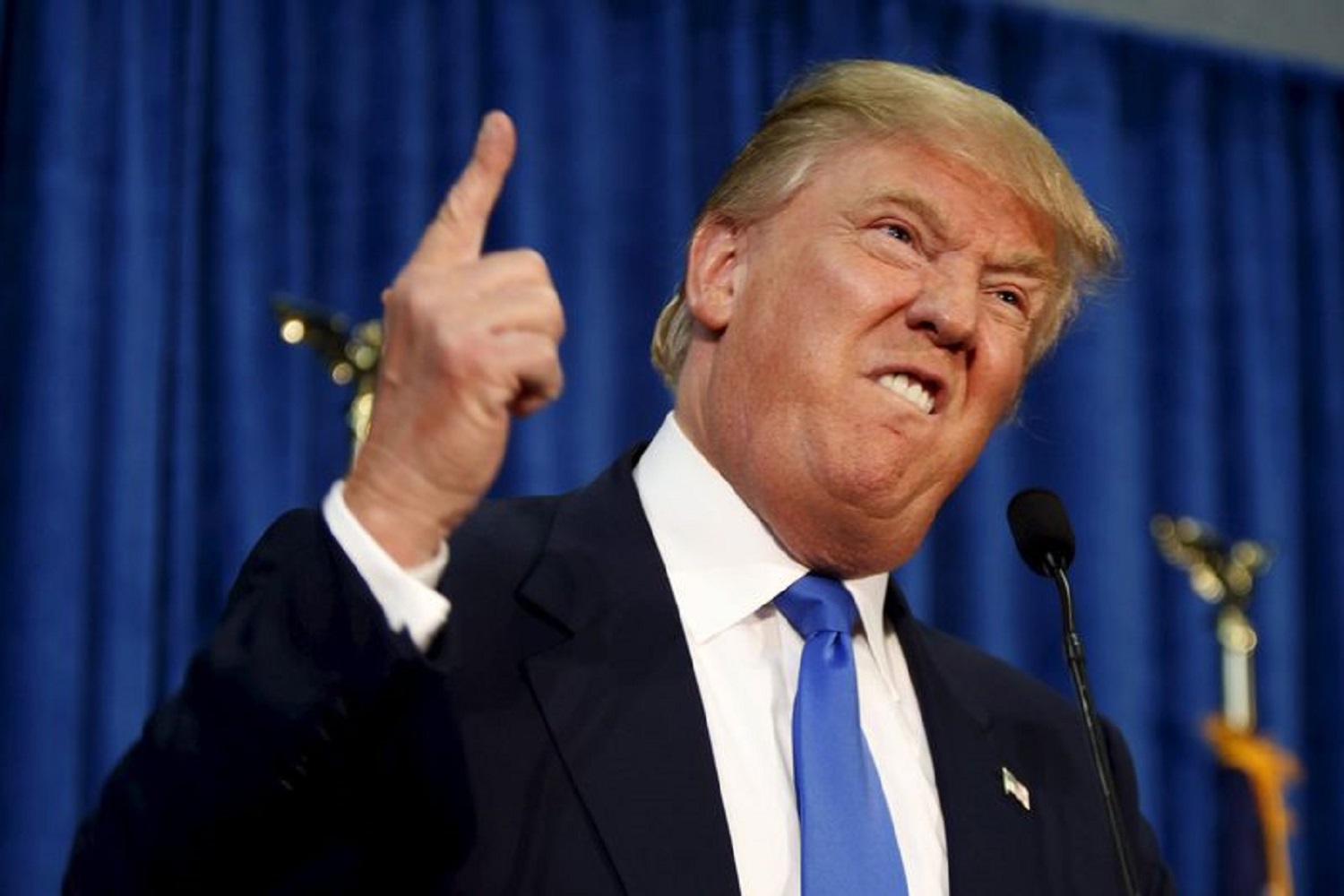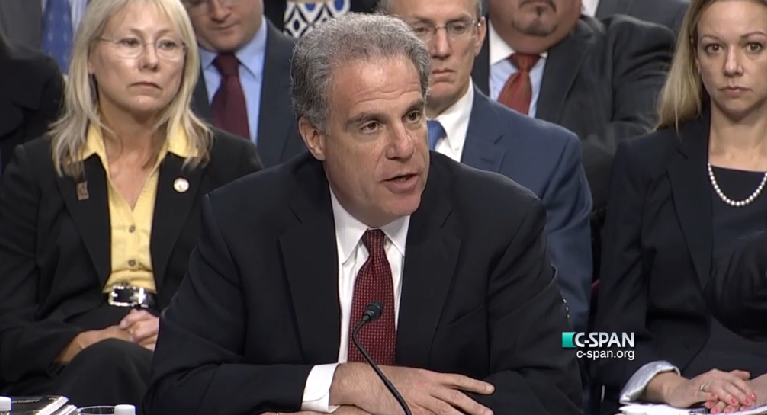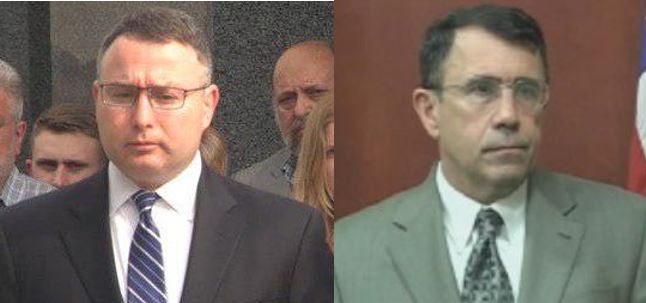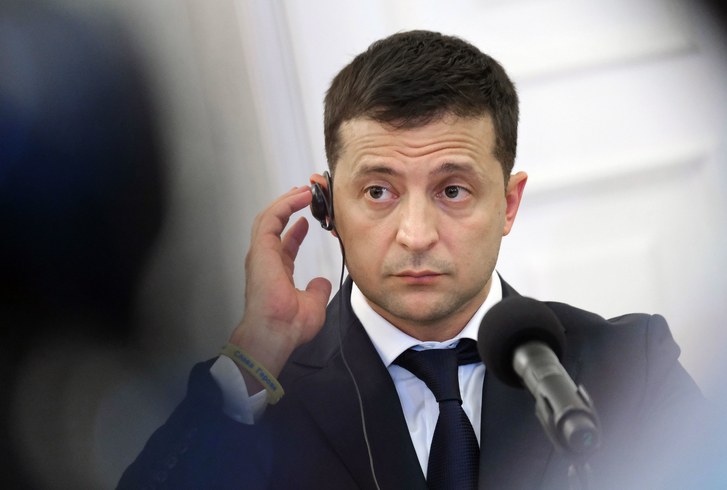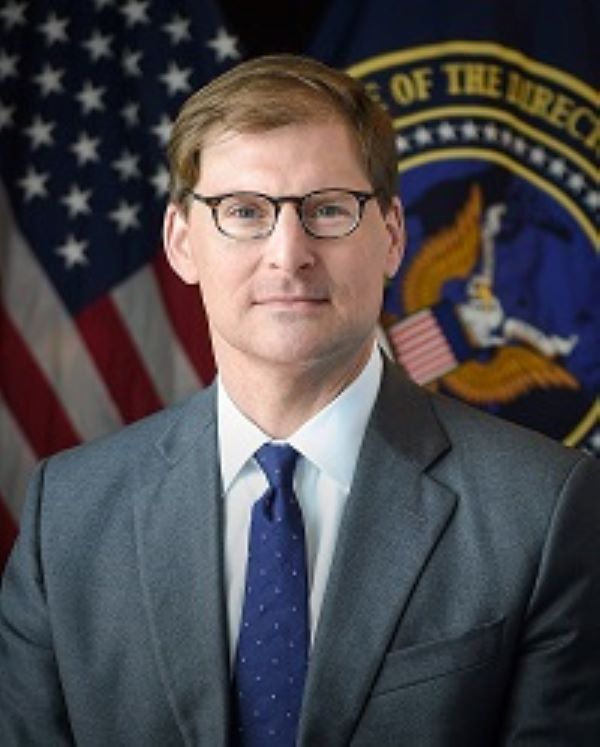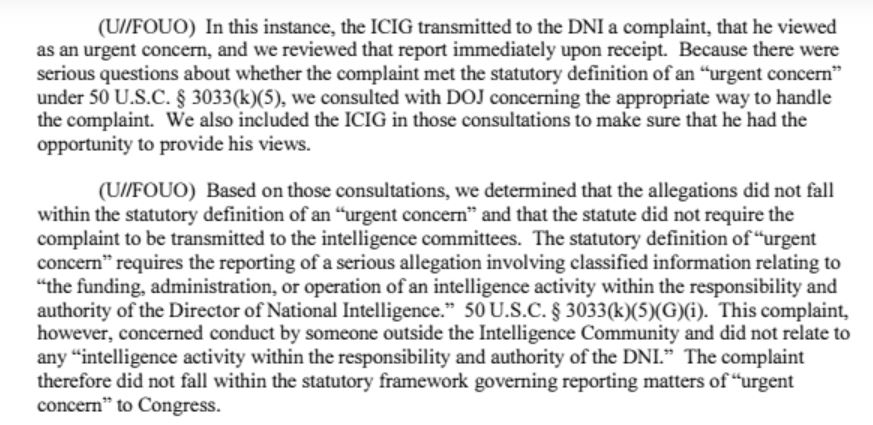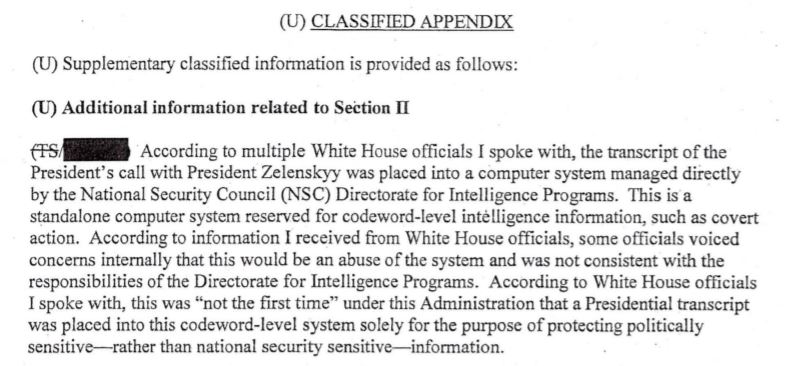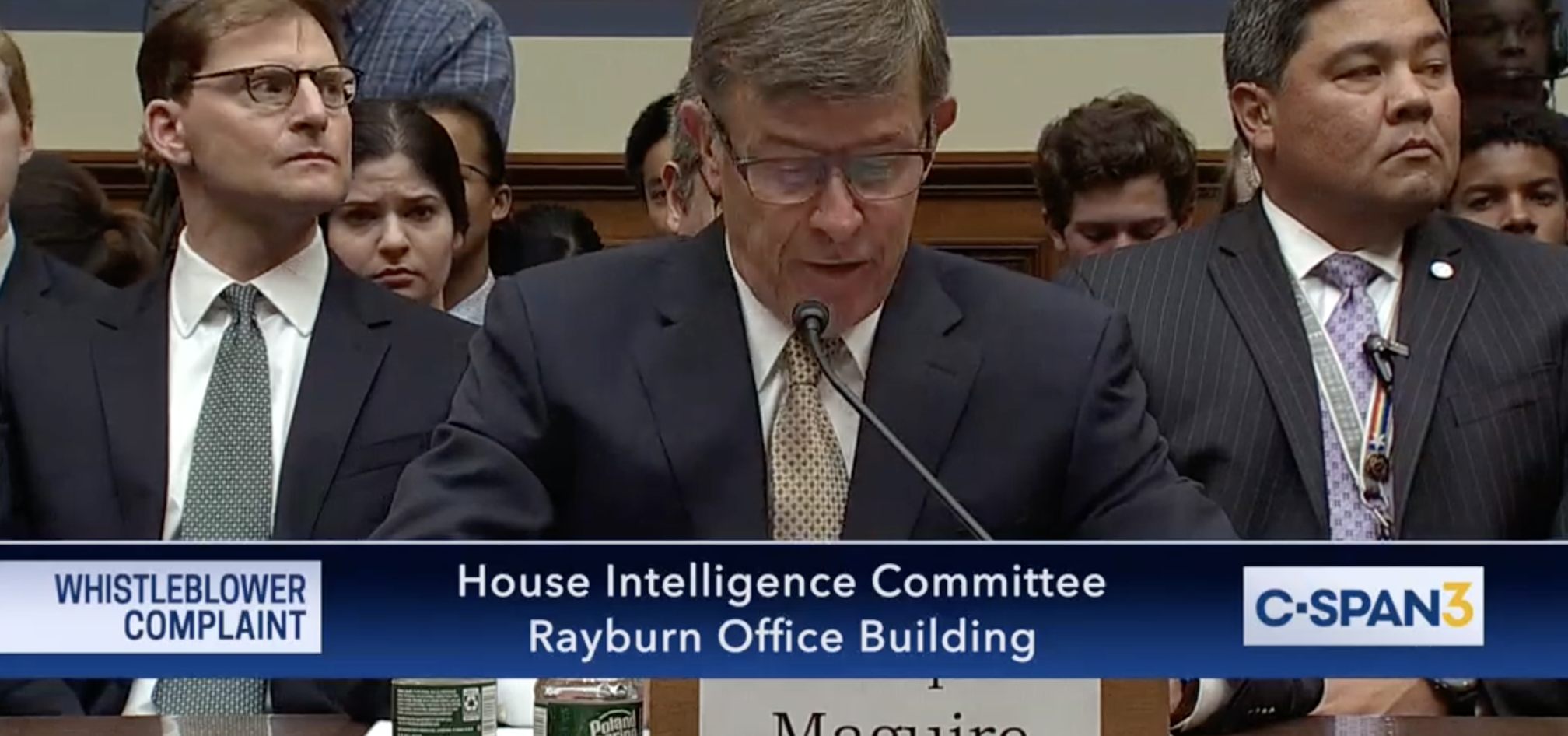The Republican Party Is No Longer the Party of Personal Responsibility
In a cynical speech that, if we’re lucky, will be an effort to deescalate militarily by imposing more sanctions on Iran (which is not a good thing but far better than the alternative), Trump just pre-blamed Barack Obama for the failures most experts predict and have correctly predicted will come from Trump’s Iran policy. He suggests, falsely, that the current escalation is the result of Obama’s peace deal, rather than the demonstrable result of his suspension of it.
Iran’s hostilities substantially increased after the foolish Iran nuclear deal was signed in 2013, and they were given $150 billion, not to mention $1.8 billion in cash. Instead of saying “thank you” to the United States, they chanted “death to America.” In fact, they chanted “death to America” the day the agreement was signed.
Then, Iran went on a terror spree, funded by the money from the deal, and created hell in Yemen, Syria, Lebanon, Afghanistan, and Iraq. The missiles fired last night at us and our allies were paid for with the funds made available by the last administration. The regime also greatly tightened the reins on their own country, even recently killing 1,500 people at the many protests that are taking place all throughout Iran.
The very defective JCPOA expires shortly anyway, and gives Iran a clear and quick path to nuclear breakout. Iran must abandon its nuclear ambitions and end its support for terrorism. The time has come for the United Kingdom, Germany, France, Russia, and China to recognize this reality.
I’ll leave it to others to unpack how dishonest this claim, both with respect to what JCPOA did and what has led to the increase in tension since Trump reversed our commitment to it.
But it exists in a larger context in which the Trump’s supporters are both refusing to take responsibility for their own actions, including but not limited to their support for Trump, but also doing so by pre-blaming Democrats.
This has been going on for the entirety of the Trump Administration (indeed, arguably it has been going on for at least 15 years). But with respect to Iran, it has consisted of:
- Blaming Obama’s successful peace deal for the effects of Trump’s own rejection of it
- Claiming Trump couldn’t brief Democrats on the Soleimani assassination because otherwise they would leak
- Suggesting that Democrats’ past impeachment of Trump will have a future effect on his ability to respond to the crisis he created with the assassination
Let me be clear: I don’t think Trump assassinated Soleimani to distract from impeachment. I think he assassinated Soleimani because he’s a narcissist who responds to slights by lashing out, and his top advisors Mark Esper and Mike Pompeo are committed to Raytheon, Rapture, and a dangerously escalatory Iran policy, and so in this case did not rein in the natural result of arming someone with Trump’s narcissism, which is to use force where diplomacy would be more effective.
But here we are, with a dead Iranian general and fewer allies in the Middle East and few adults running policy, which may well be a recipe for disastrous things to come.
Trump (and his supporters’) refusal to take responsibility for their own actions is particularly toxic in this context because his policies and incompetent implementation of them are highly likely to fail, and the only way Trump can sustain support while presiding over obvious and foreseeable failures is to blame some other entity, which in this case includes Democrats and Iranians. And the only way for him to continue failing policies even while it’s clear they are failing is to pretend they’re not the cause of the failure.
Trump’s excuses for not briefing the Gang of Eight are particularly worrisome. It’s bad enough he didn’t do so, both for Constitutional and practical reasons. Even Richard Burr or Mitch McConnell might have advised Trump to take a more moderate approach. And had Trump briefed Nancy Pelosi, Adam Schiff, or Chuck Schumer, any one of them might have said something to make it clear that if he did this and it blew up in his face, they would make it clear to the public that he had made the decision against their advice. Our system of briefing the Gang of Eight on covert operations is a terrible way to vet military and intelligence operations (not least because you don’t get in those positions unless you’re a hawk). But in this instance, it might have made Trump worry about being shamed if he ignored the advice. It also would have offered Trump the ability — one George Bush used aggressively to survive his scandalous embrace of torture and illegal wiretapping — to claim there was bipartisan awareness of the actions, which might make it more likely to craft a bipartisan response if things do start to go south.
But Trump doesn’t like the humiliation of hearing advice he doesn’t like, and so he didn’t brief the Gang of Eight beforehand.
He owns this decision, and all its consequences, because he chose to make the decision without following the norm that would allow him to share the blame.
But that raises the stakes for him to find scapegoats. It’s a feedback loop, where his refusal to listen to competent advice increases the likelihood of stupid decision and his defensiveness about admitting all that, thereby raising the stakes on having scapegoats still further.
And that, in turn, raises the aggressiveness he needs to direct at his scapegoats. Democrats (and Iranians and NATO) must not be wrong. They must be disloyal or traitors or Jew-ridden socialist countries or terrorists. Indeed, that’s likely one of the reasons why Trump so readily adopts inflammatory slurs with no basis in fact: because he has to dehumanize his scapegoats, to make sure no one thinks too much about what function that scapegoating plays.
It’s all a recipe for increasing violence.
And at the core, on the Soleimani assassination, the case that Trump is responsible is not just obvious — best embodied by his refusal to brief the Gang of Eight even while telegraphing his attack to his cronies at Mar-a-Lago — but a root cause of why he wants to build his scapegoats in from the start.

